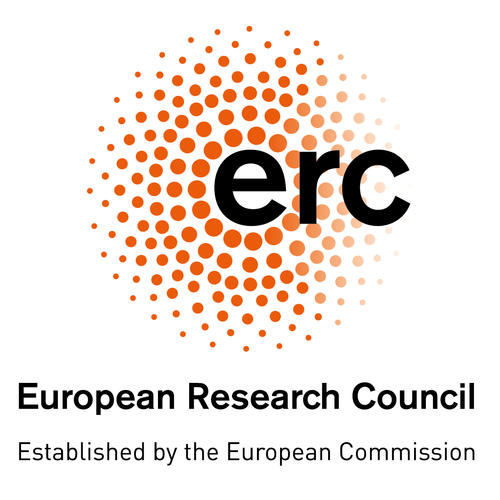What’s “up”? Impaired Spatial Preposition Processing in Posterior Cortical Atrophy
Zubaida Shebani, Peter J. Nestor, Friedemann Pulvermüller – 2021
This study seeks to confirm whether lesions in posterior regions of the brain involved in visuo-spatial processing are of functional relevance to the processing of words with spatial meaning. We investigated whether patients with Posterior Cortical Atrophy (PCA), an atypical form of Alzheimer’s Disease which predominantly affects parieto-occipital brain regions, is associated with deficits in working memory for spatial prepositions. Case series of patients with PCA and matched healthy controls performed tests of immediate and delayed serial recall on words from three lexico-semantic word categories: number words (twelve), spatial prepositions (behind) and function words (e.g., shall). The three word categories were closely matched for a number of psycholinguistic and semantic variables including length, bi-/tri-gram frequency, word frequency, valence and arousal. Relative to controls, memory performance of PCA patients on short word lists was significantly impaired on spatial prepositions in the delayed serial recall task. These results suggest that lesions in posterior parieto-occipital regions specifically impair the processing of spatial prepositions. Our findings point to a pertinent role of posterior cortical regions in the semantic processing of words with spatial meaning and provide strong support for modality-specific semantic theories that recognize the necessary contributions of sensorimotor regions to conceptual semantic processing.
AUTHOR={Shebani, Zubaida and Nestor, Peter J. and Pulvermüller, Friedemann},
TITLE={What’s “up”? Impaired Spatial Preposition Processing in Posterior Cortical Atrophy},
JOURNAL={Frontiers in Human Neuroscience},
VOLUME={15},
YEAR={2021},
URL={https://www.frontiersin.org/article/10.3389/fnhum.2021.731104},
DOI={10.3389/fnhum.2021.731104},
ISSN={1662-5161},
ABSTRACT={This study seeks to confirm whether lesions in posterior regions of the brain involved in visuo-spatial processing are of functional relevance to the processing of words with spatial meaning. We investigated whether patients with Posterior Cortical Atrophy (PCA), an atypical form of Alzheimer’s Disease which predominantly affects parieto-occipital brain regions, is associated with deficits in working memory for spatial prepositions. Case series of patients with PCA and matched healthy controls performed tests of immediate and delayed serial recall on words from three lexico-semantic word categories: number words (twelve), spatial prepositions (behind) and function words (e.g., shall). The three word categories were closely matched for a number of psycholinguistic and semantic variables including length, bi-/tri-gram frequency, word frequency, valence and arousal. Relative to controls, memory performance of PCA patients on short word lists was significantly impaired on spatial prepositions in the delayed serial recall task. These results suggest that lesions in posterior parieto-occipital regions specifically impair the processing of spatial prepositions. Our findings point to a pertinent role of posterior cortical regions in the semantic processing of words with spatial meaning and provide strong support for modality-specific semantic theories that recognize the necessary contributions of sensorimotor regions to conceptual semantic processing.}
}

